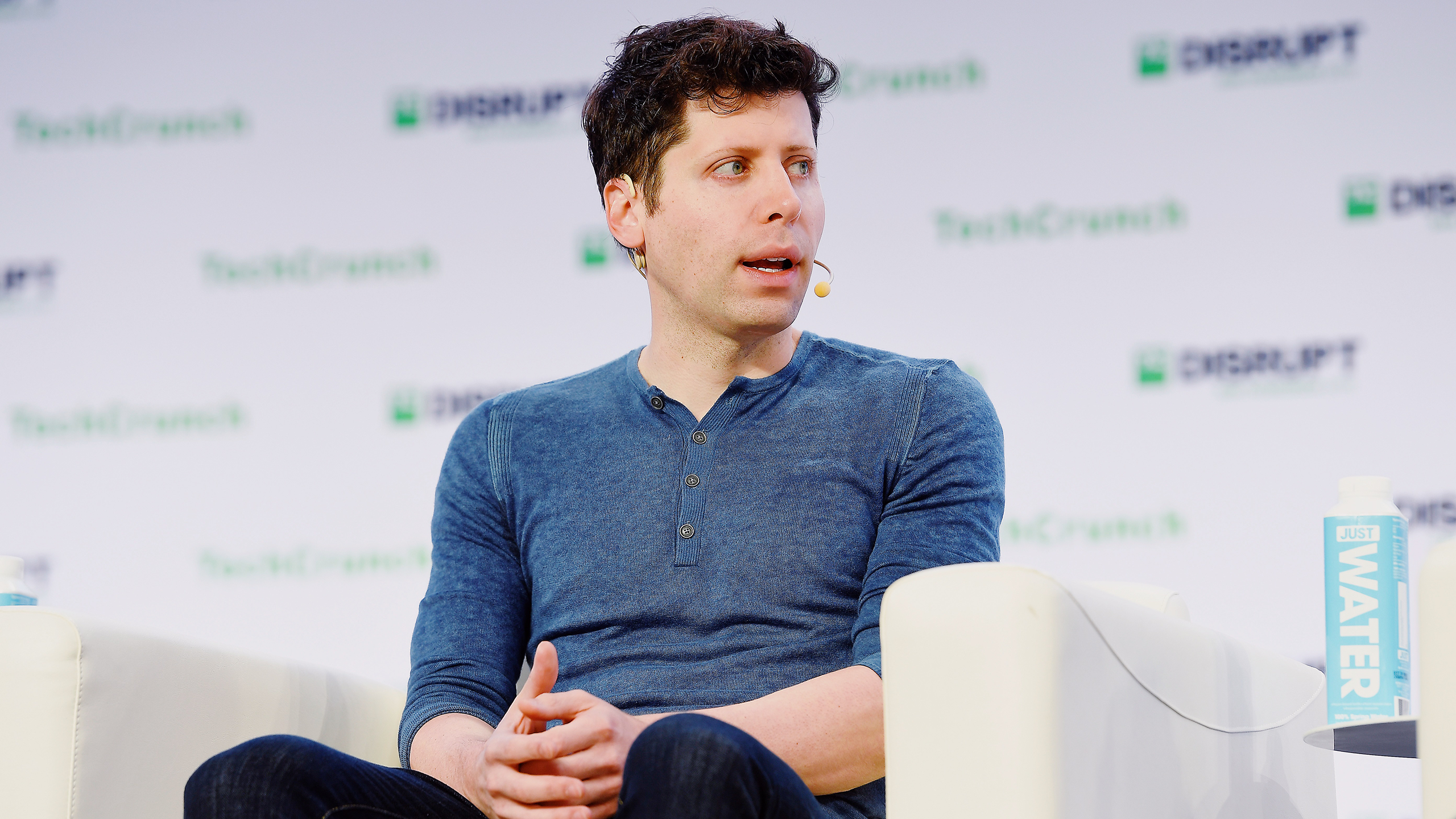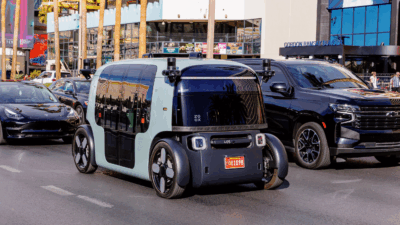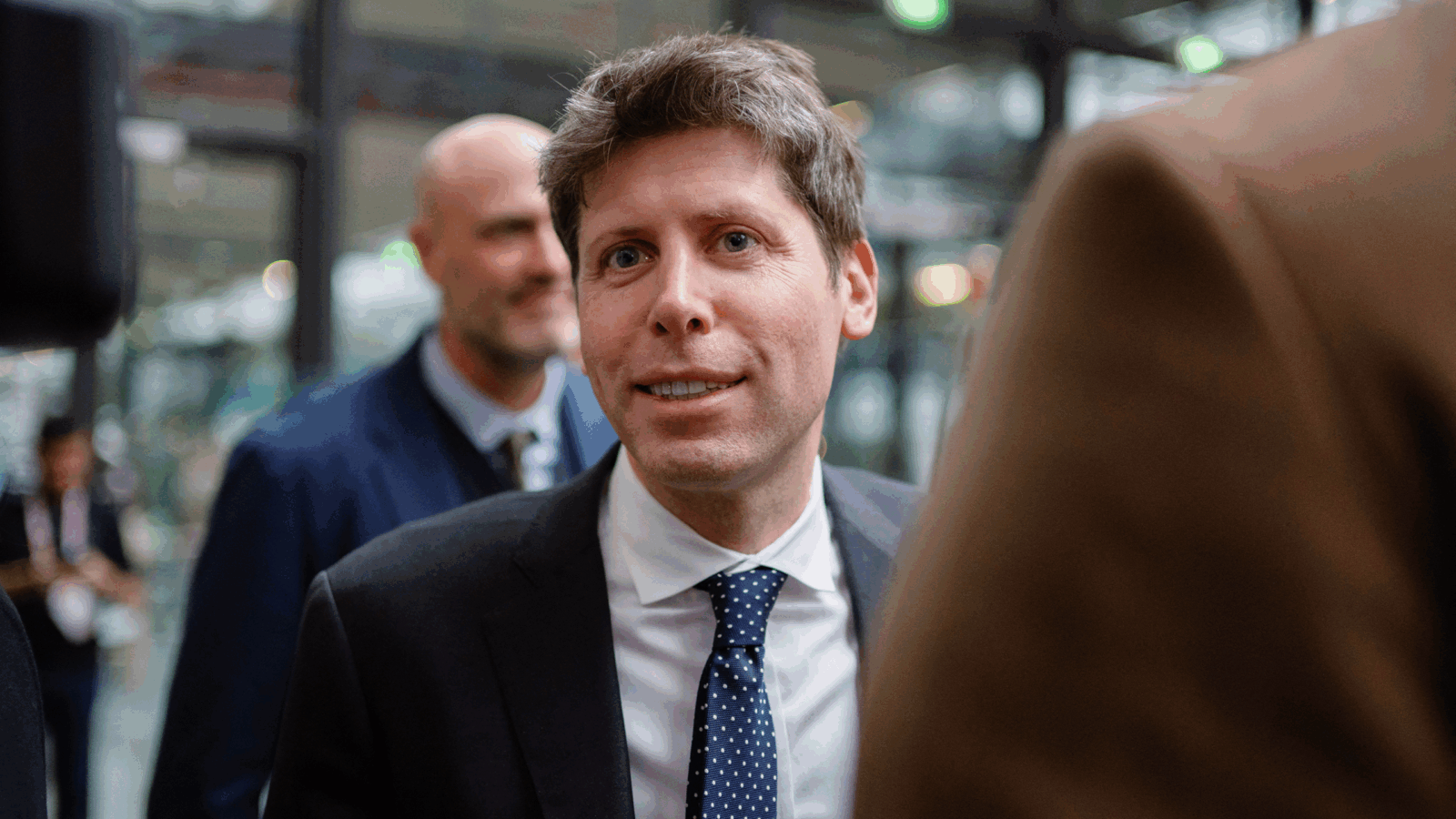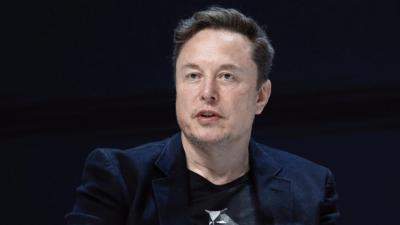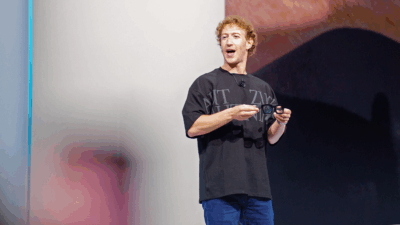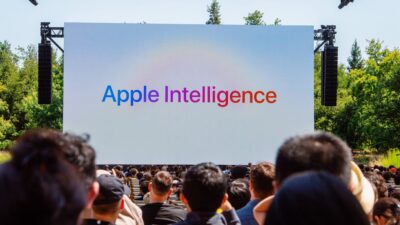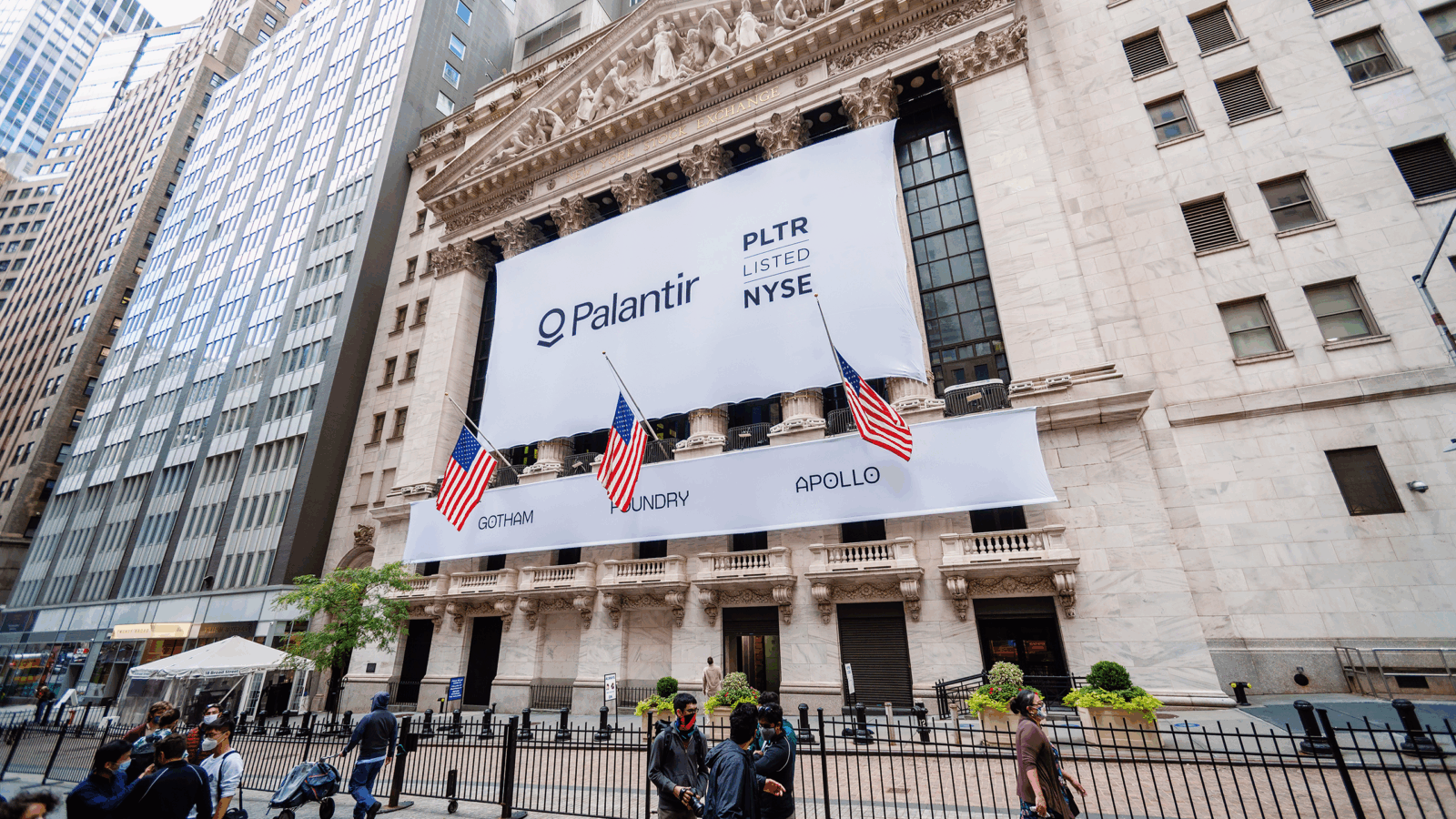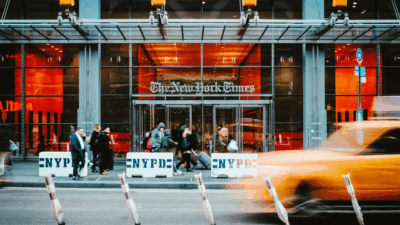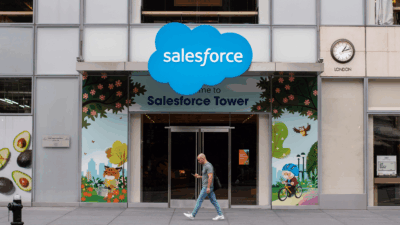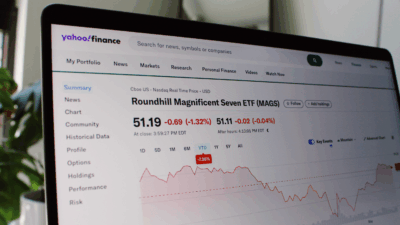OpenAI is Growing a Stable of Allies
Adding as many corporate friends as possible is probably helpful in the face of mounting regulator unease.
Sign up for smart news, insights, and analysis on the biggest financial stories of the day.
You’d think Sam Altman was running for mayor of Silicon Valley the way he’s stumping for support.
Apple is expected to announce a partnership with OpenAI on Monday, integrating its generative AI product into Apple’s hardware. That’s as big a coup as OpenAI could hope for, but it’s just one node in a sprawling network of enterprise tie-ups OpenAI has made. Adding as many allies as possible is probably helpful in the face of mounting regulator unease.
With Friends Like These…
Apple isn’t just good for its delicious licensing check. It also gives OpenAI access to the universe of iPhone users, especially those who haven’t played around with Chat-GPT yet. History suggests it’s a winning strategy, as Google’s placement on iPhones allowed it to rise to dominance once people started using the internet on their phones — in fact, the Department of Justice thinks that deal was so powerful it constituted a breach of antitrust law.
But OpenAI’s biggest alliances show it’s also hunting for big enterprise customers and warding off unfriendly entities:
- The consulting sector was one of OpenAI’s earliest adopters, and PwC announced last month it would become the biggest customer for OpenAI’s enterprise product as well as its first reseller, furnishing roughly 101,000 employees with the software.
- OpenAI has now struck content-licensing deals with a bushel of publishers, who might otherwise feel upset the company has (potentially) trained its chatbots on the blood, sweat, and print of their journalists.
OpenAI has added legacy publishers including the Financial Times and News Corp, the owner of The Wall Street Journal and The New York Post. These carry more weight than digital upstart allies like Axel Springer (owner of Business Insider and Politico) and Vox, while OpenAI has The New York Times and The Intercept suing it for copyright infringement.
Social Media Angst: OpenAI’s least conventional content deal is with Reddit, which just about qualifies as social media. Reddit’s thousands of discussion forums known as subreddits, and all its user posts are now fodder for Chat-GPT training data. The deal isn’t exclusive, Google also inked a deal with Reddit, but training on social media comes with some pitfalls. For starters, ingesting Reddit users’ opinions-slash-jokes could make the large language models used by OpenAI and Google a little haphazard in their fact-checking — though it’s hard to know exactly what causes chatbots to slip up. Google has had to rein in its search “AI Overview feature” because it cheerfully recommended users add glue to their pizza sauce and snack on rocks.
Even more tricky is navigating social media customers: Meta recently told its UK and European users that it can use public posts for the company’s AI-building purposes beginning June 26. The notification was ill-received by users, some of whom have been looking for ways to opt out of Meta sucking up their data all over again.
